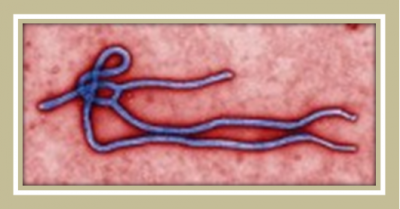News
Latest Lion Aid News
Ebola and bushmeat
Sunday 24th August 2014
|
A virus coming to your neighbourhood?
Ebola virus has been much in the news recently. Infected humans have up to an 80% mortality rate, and the virus seems also to be communicated to health care workers even while dressed in their “space suits”. The recent western Africa outbreak has killed more people than any other previous epidemic and shows no signs of abating. Travel advisories have been issued to source countries in western Africa and borders have been closed. The World Health Organization has declared it a crisis, and so has the parent organization, the United Nations. But The WHO has not told people to stop eating bushmeat. While we still do not know the source of the Ebola virus, there is very good evidence that it has a wildlife source. Closely related Marburg virus has been isolated from fruit bats, and most Ebola virus outbreaks can be traced back (like the current one) to someone bitten by a monkey. Another UN agency, the Food and Agriculture Organization, also needs to get involved. While the FAO says this:
The bushmeat trade is both a reflection of poverty among rural communities and a commercial trade. For example, it is estimated that each year 270 tonnes of illegal bushmeat reaches Paris Charles de Gaulle Airport alone. Where are the sniffer dogs? Perhaps the WHO and the FAO could join forces to condemn rather than promote the bushmeat trade. It would aid both conservation and the health of people who consume this product. If you have not already signed up to our mailing list, you can add your name here and keep up to date with our ongoing work and, most importantly, DONATE to support our work to conserve the remaining fragile lion populations. Thank you. Tags: Ebola virus, Marburg virus Categories: Events/Fundraising, Domesticating Animals |
Posted by Chris Macsween at 15:41
No comments have been posted yet.
Add a new comment
Existing user
New user sign up




